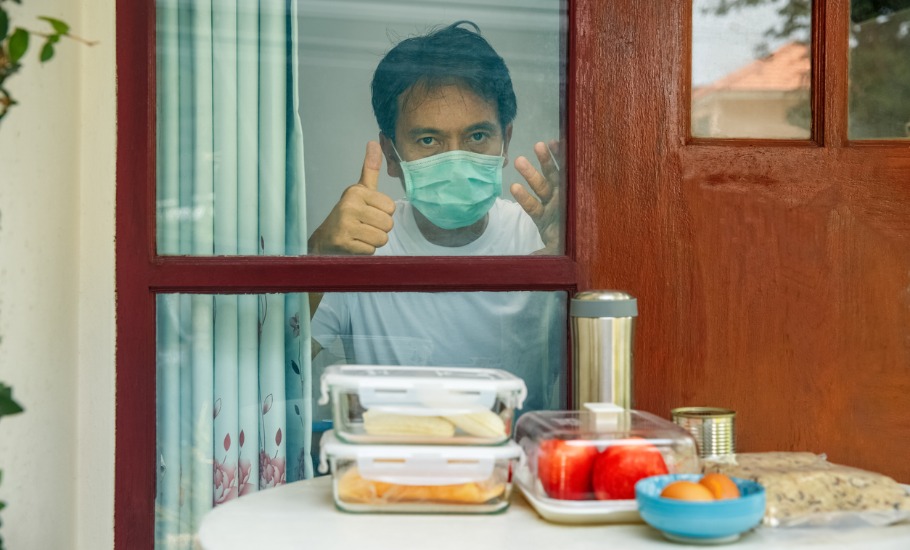
Smell, taste loss symptoms associated with COVID-19: Study
Amid the many common symptoms which could help in early detection of the COVID-19, researchers have reported the first empirical findings linking the loss of smell and taste in patients.

Amid the many common symptoms which could help in early detection of the COVID-19, researchers have reported the first empirical findings linking the loss of smell and taste in patients.
According to the study, published in the journal International Forum of Allergy and Rhinology, people with influenza-like symptoms, and a dysfunction of smell and taste, are strongly associated with COVID-19 infection.
“Based on our study, if you have smell and taste loss, you are more than 10 times more likely to have COVID-19 infection than other causes of infection,” said Carol Yan, an otolaryngologist and study co-author from the University of California San Diego in the US.
While the most common first sign of a COVID-19 infection remains fever, Yan said, fatigue and loss of smell and taste follow as other very common initial symptoms.
“We know COVID-19 is an extremely contagious virus. This study supports the need to be aware of smell and taste loss as early signs of COVID-19,” she added.
Related news: Coronavirus lasts on face masks for a week, currency for days: Study
The researchers surveyed 1,480 patients with flu-like symptoms and concerns regarding potential COVID-19 infection who underwent testing at UC San Diego Health from March 3 through March 29, 2020.
Of the patients surveyed, 102 tested positive for the virus and 1,378 tested negative.
According to the study, there is a high prevalence and unique presentation of certain sensory impairments in patients positive with COVID-19.
Of those who reported loss of smell and taste, the scientists said, the loss was typically profound, not mild, making it a strong new clinical screening measure for the virus.
But they added that the rate of recovery of smell and taste was high and occurred usually within two to four weeks of infection.
“Our study not only showed that the high incidence of smell and taste is specific to COVID-19 infection, but we fortunately also found that for the majority of people sensory recovery was generally rapid,” Yan said.
“Among the COVID-19 patients with smell loss, more than 70 per cent had reported improvement of smell at the time of survey and of those who hadn’t reported improvement, many had only been diagnosed recently,” she added.
The researchers also found that persons who reported experiencing a sore throat more often tested negative for COVID-19.
Related news: Scientists identify six potential drugs for COVID-19 treatment
Based on the findings, UC San Diego Health has included loss of smell and taste as a screening requirement for visitors and staff, as well as a marker for testing patients who may be positive for the virus.
Respondents in the study were most often persons with milder forms of COVID-19 infection who did not require hospitalization or incubation.
According to the scientists, other known symptoms of COVID-19 include fever, fatigue, cough, and difficulty breathing.
The findings, Yan said, underline the importance of identifying early or subtle symptoms of COVID-19 infection in people who may be at risk of transmitting the disease as they recover within the community.
“It is our hope that with these findings other institutions will follow suit and not only list smell and taste loss as a symptom of COVID-19, but use it as a screening measure for the virus across the world,” she added.
(With inputs from agencies)


